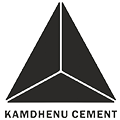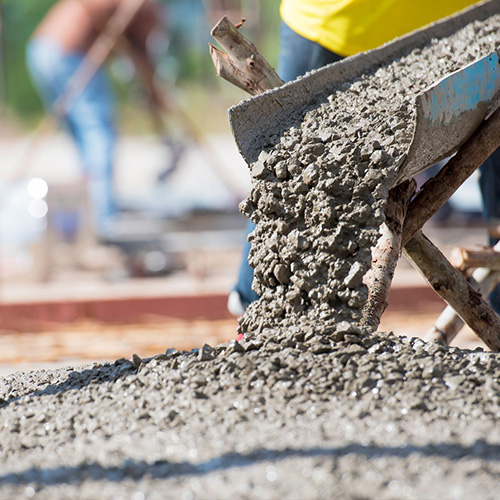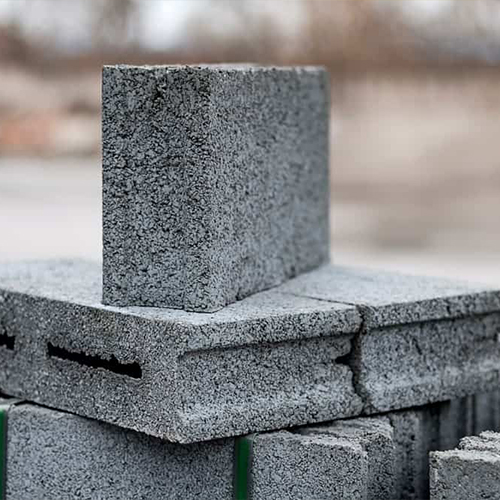Bricks
Bricks play an essential role in shaping any structure. They are cost-effective solutions for faster and more sustainable construction. In construction, bricks are also an alternative stone.
Manufacturing Process of Bricks
The bricks are generally made in standard sizes, but they can be manufactured in customized sizes and designs. The process of manufacturing bricks has been around for thousands of years and is the basis for many modern buildings. Some of the most common brick manufacturing processes are kiln firing, extrusion, and molding. The green body is the product of a mixture of dry clay and water. The mixture is then fired to fuse the ingredients and give bricks their shape and structural strength.
The raw materials for brick manufacturing should be free of sulphate, sodium, and potassium. These substances may affect the burning process and can cause the bricks to become soft and crumbly. Alkalies in the form of potash or soda can also affect the quality of the brick. They should also be free of organic matter, such as grass roots and leaves.
Manufacturing Cycle
- Preparation of Soil
- Moulding of Bricks
- Hand Moulding
- Machine Moulding
- Air Drying of Bricks
- Burning Bricks
Advantages
- Energy efficient
- Low maintenance
- Weatherproof
- Creative and colourful
- Secure, an investment for life
- Sustainable
- Carbon neutral
- The building material of choice
Uses
- Can construct a wall of any size
- Floor construction
- Development of arches and cornices
- Use as an aggregate in concrete
- Powdered bricks used in lime concrete or lime plaster
Highlights
- Bricks should be stable and should not change their volume.
- In general, the weight of the bricks should be 6 lbs.
- The bricks should be standard in size.
- The bricks should be uniform in shape, size, and colour





